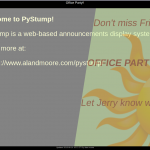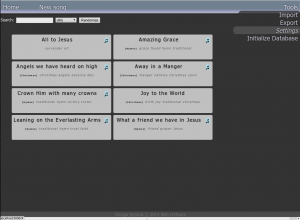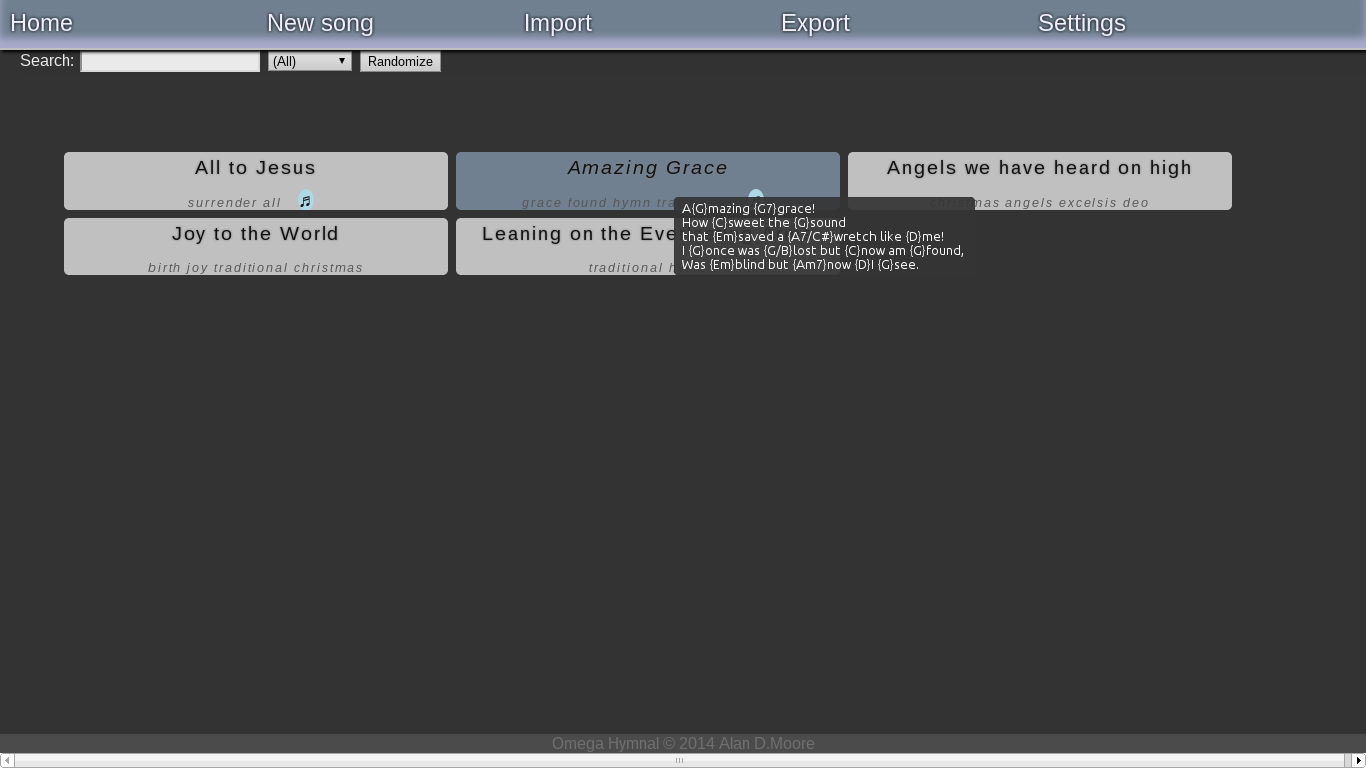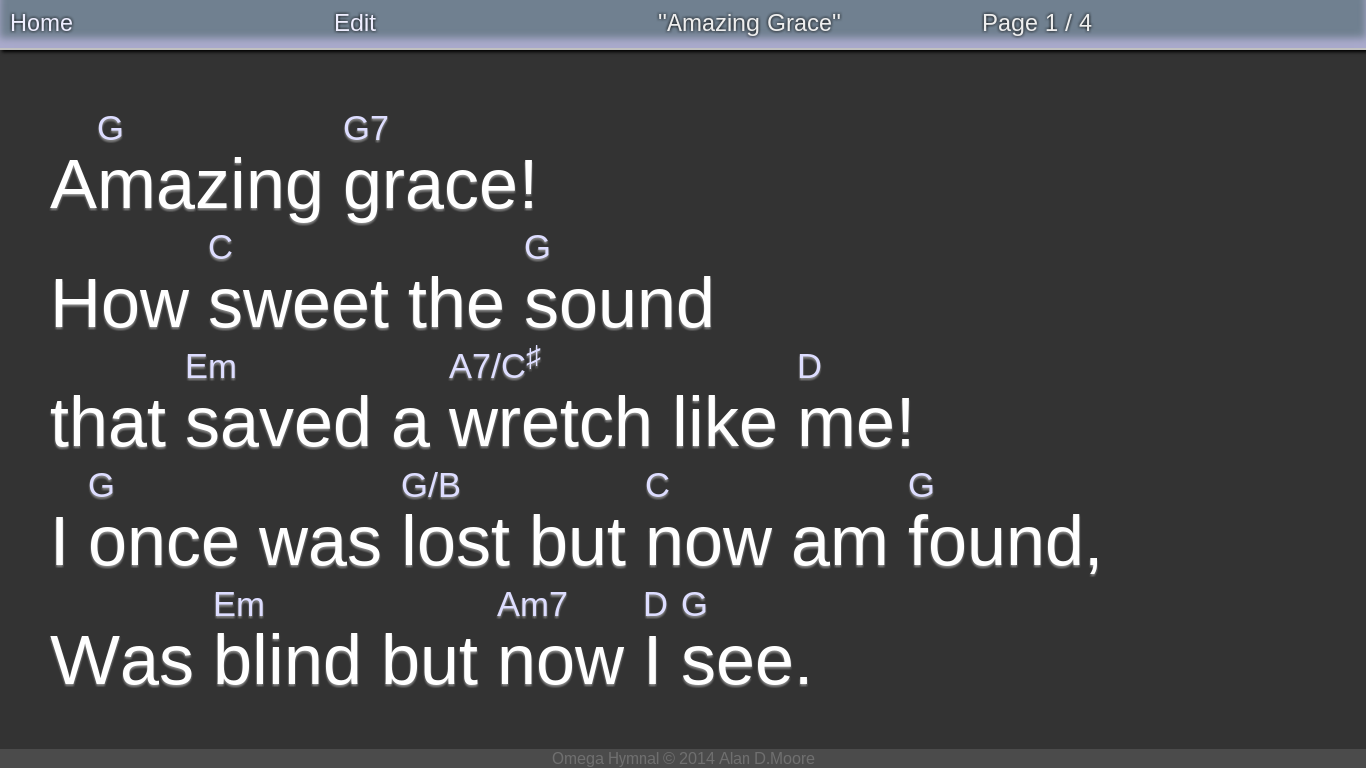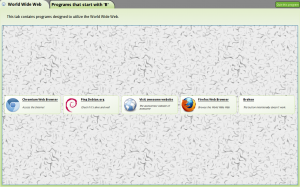So far ADMBrowser is a quick-n-dirty port of WCGBrowser to QtWebEngine, basically discarding any features that couldn’t be easily ported with a search-and-replace. Sadly, that’s a lot of important features so far:
- Plugin support
- External File (PDF, etc) support
- Privacy mode
- Proxy support
- Certificate handling
That’s just the quick core-features test findings. I haven’t tried all the more obscure features yet. Needless to say, don’t swap your production rig to ADMBrowser just yet.
Apart from the WebEngine move, I plan to clean up some of the redundant configuration options and maybe organize things a little better. I’ll also be dropping support for Python 2 (or at least not going far out of my way to support it).
Hopefully QtWebEngine will mature quickly, or workarounds will come to light. I can tell already that many rendering and performance bugs from the old WCGBrowser are tidied by by the new renderer.
If you’re Python & Qt coder who might be able to help me fix some of these things, please feel free to fork and submit pull requests.
